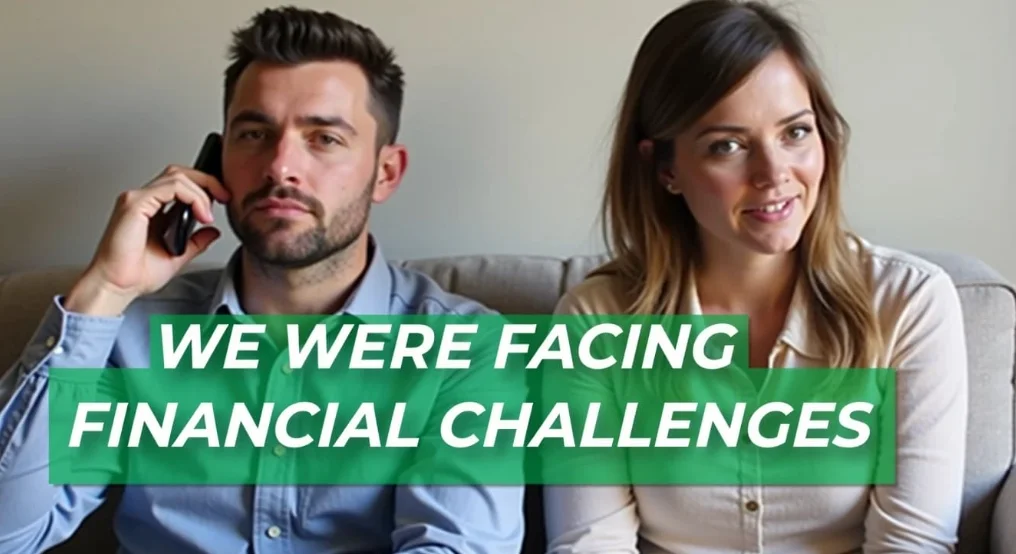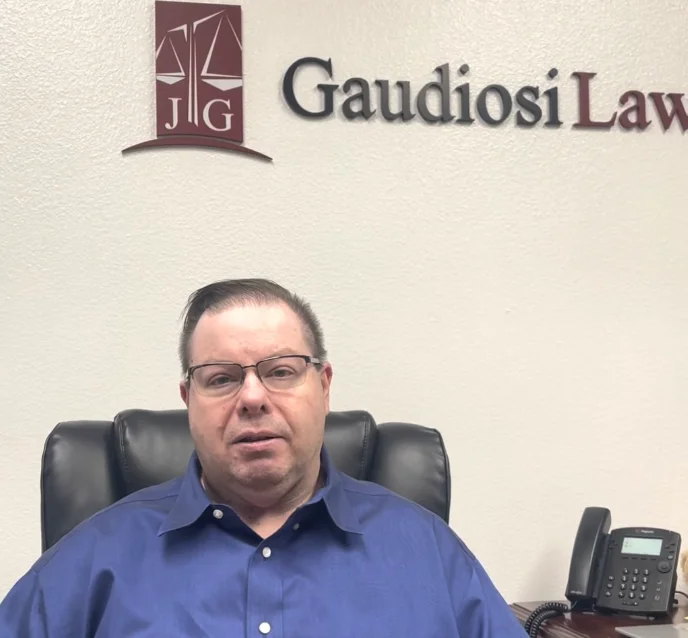(623) 777-4760 (9am to 5pm MST)

Chapter 7 bankruptcy is a legal process designed to give individuals and businesses a fresh start by discharging qualifying debts. Known as liquidation or straight bankruptcy, Chapter 7 involves selling nonexempt assets to repay creditors while protecting certain essential property.
This page explains the Chapter 7 bankruptcy process, filing requirements, discharge process, and exemptions in simple, clear language. If you live in Glendale or Phoenix, Arizona, this guide is tailored to help you understand your options and how local laws may affect your case.
The Chapter 7 bankruptcy process is structured to relieve overwhelming debt quickly. Here’s how it works:
Meeting the Chapter 7 filing requirements is a critical first step. Key aspects include:
Hiring a Chapter 7 bankruptcy attorney is essential, especially when navigating complex legal requirements. An experienced bankruptcy attorney will:
Local expertise is particularly important in Glendale and Phoenix, where state-specific laws and procedures play a significant role.
The Chapter 7 discharge process is the final step that releases you from most of your unsecured debts. Here’s what to expect:

Chapter 7 exemptions allow you to keep certain essential assets despite the liquidation process. These exemptions vary by state and include:
Understanding these exemptions is critical. They help determine which assets you can keep and ensure you have the essentials to rebuild your life after bankruptcy.
While Chapter 7 offers a quick resolution for many, it may not be the best option for everyone. Alternatives include:
Evaluating your financial situation with a knowledgeable attorney can help you choose the best path forward.
For residents of Glendale and Phoenix, local laws and resources influence the bankruptcy process:

- Arizona has its exemption limits that may differ from federal guidelines. Your attorney can help you understand how these rules apply.
- Numerous local agencies offer the required credit counseling services, making it easier to meet pre-filing requirements.
- Working with a Chapter 7 bankruptcy attorney who understands the nuances of Arizona law ensures that your case is handled effectively.
It is a legal procedure that involves filing a petition, meeting a means test, liquidating nonexempt assets, and ultimately discharging qualifying debts.
Requirements include passing the means test, providing detailed financial documentation, completing credit counseling, and paying the filing fee (or qualifying for a fee waiver).
After filing, the trustee manages your case, holds a creditors’ meeting, liquidates assets, and, typically within 4-6 months, the court issues a discharge of eligible debts.
Exemptions can protect essential personal property, a portion of home equity, retirement accounts, and other critical assets as defined by state and federal law.
It’s best to consult an attorney as soon as you consider bankruptcy. An attorney can guide you through the process, help with filing requirements, and ensure that you maximize available exemptions.
Chapter 7 bankruptcy can provide a fresh start for individuals and businesses struggling with overwhelming debt.
By understanding the Chapter 7 bankruptcy process, meeting the Chapter 7 filing requirements, working with an experienced Chapter 7 bankruptcy attorney, and navigating the Chapter 7 discharge process and Chapter 7 exemptions, you can make informed decisions about your financial future.
For residents of Glendale and Phoenix, Arizona, local legal expertise is available to help you through every step of this process. Contact Gaudiosilaw today to schedule a consultation and take the first step toward a brighter financial future.
I was stressed out for my own reasons, but Jim was a great lawyer and helped me accomplish what I went to him for. I recommend him if you are looking to file bankruptcy. He definitely knows what he is doing. I basically stressed for nothing.
I would highly recommend Jim to anyone. He was very easy to work with and explained everything and helped the process go smoothly. Made us feel at ease during the whole process. Also answered our question in a timely manner which was very much appreciated.
Jim and his staff were very pleasant to deal with; very helpful in a difficult time. Jim was very thorough in explaining options and made the process as painless as possible. Christina stayed on top of everything, was very helpful and professional. I would highly recommend.